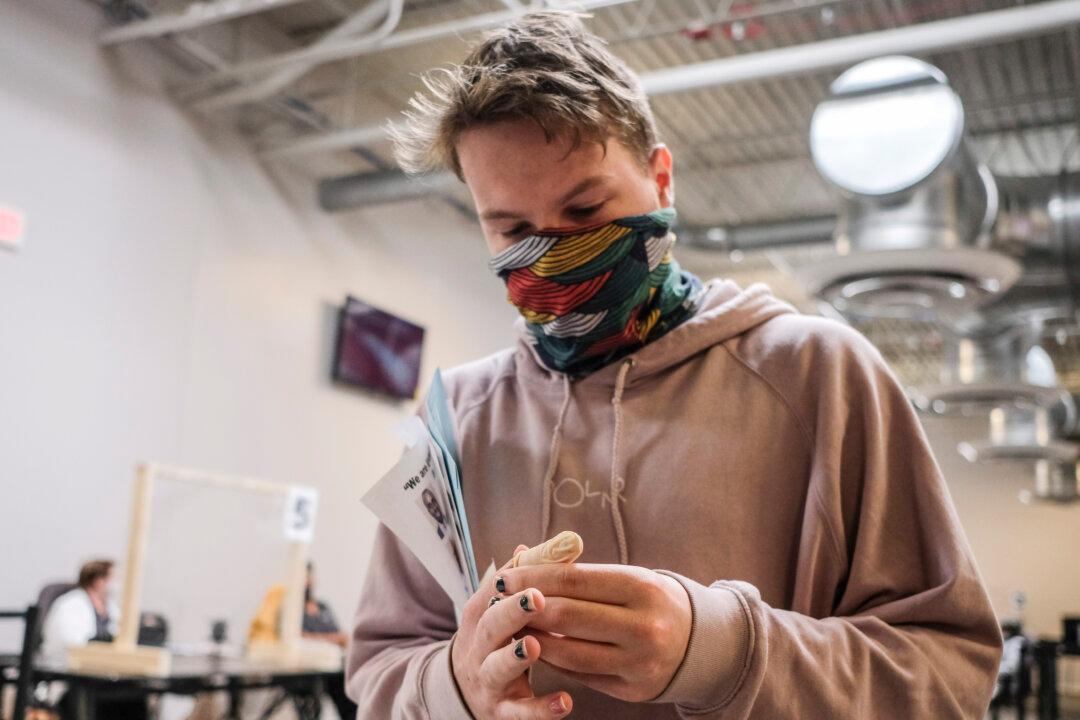Ohio Gov. Mike DeWine said an order he issued requiring residents wear masks inside stores went “too far.”
DeWine announced the order on April 27 but reversed it the next day before it went into effect.


Ohio Gov. Mike DeWine said an order he issued requiring residents wear masks inside stores went “too far.”
DeWine announced the order on April 27 but reversed it the next day before it went into effect.